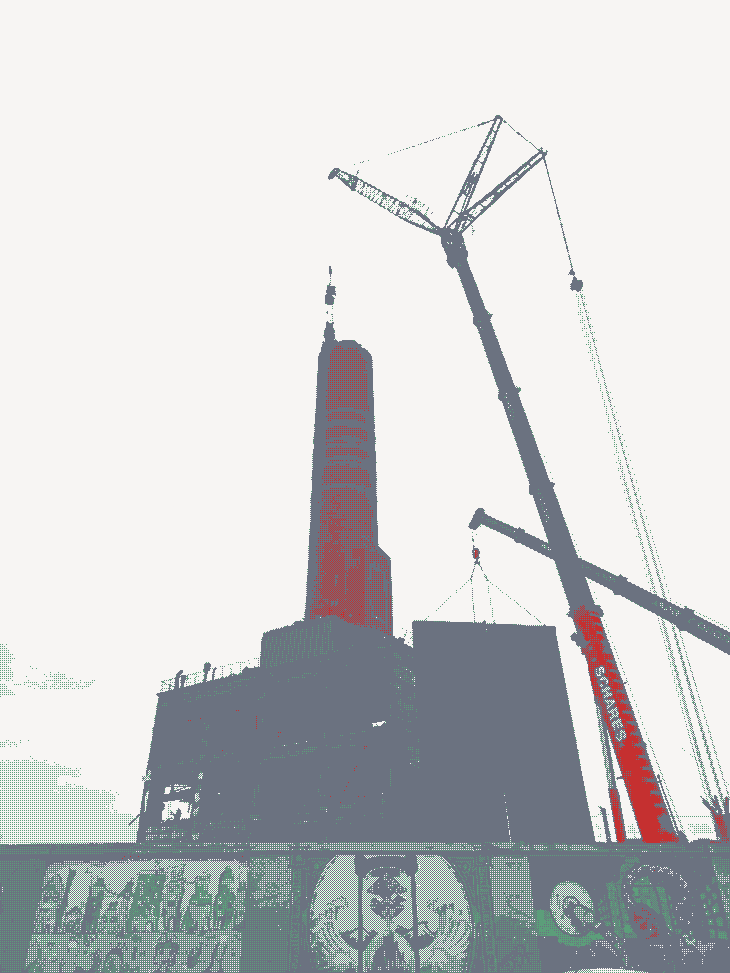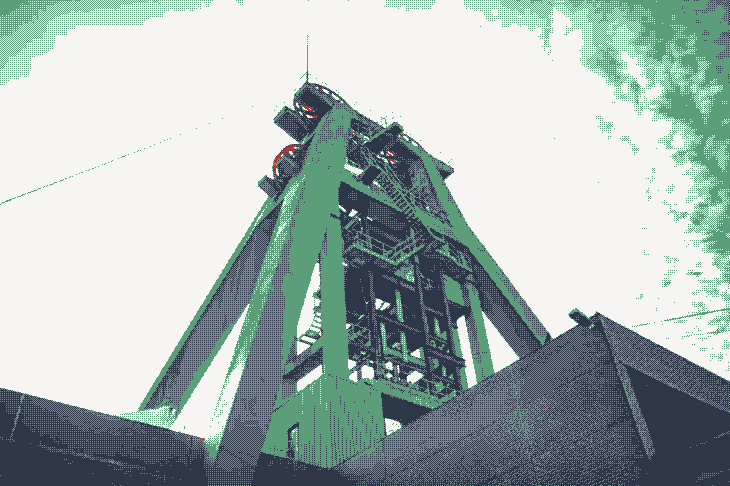
Why cases?
STS—and stsing e.V.—aims to foster co-laborations (e.g. Niewöhner & Hetzel, 2025) between researchers, students, practitioners, politicians, artists, activists, NGOs, and other actors. The Before Ruins conference in Bochum on March 25-27th 2026 shall serve as an occasion to practice this mode of research. One and a half days will be allocated in the program to to engage together with specific and situated matters of concern.
With this experimental format, the conference aims to exercise our communities ability to practice critical proximity (Latour 2004) and change the dynamic of conferencing from growth and abundance to locality, specificity, possibly rarity. It is this specificity that makes STS research responsive to concrete concerns and dilemmas.
The conference is designed to locate STS research explicitly within practical contexts, enabling participants to contribute and develop their research in relation to current issues in the Ruhr area. It is an attempt to facilitate exchange between stsing e.V. members (and other STS scholars) by doing things together.
Why here?
We see the case-format as a possibility to situate STS research. In 2026, this will take place in the Ruhr Valley, next time, maybe somewhere else. Your research may not be about the Ruhr area, but what happens if you think – and do – it through the area, through issues unfolding and rooted in this particular place of post-industrialism and before ruins?
Timeline
- Call for Cases July 25th – October 22nd
- Call for Case Participation November 1st – December 15
All deadlines are to be found on the about page.
Submit your case proposal here: https://survey.ruhr-uni-bochum.de/index.php/321829

How to think through a case?
At conferences, participants often come together in pre-organised sessions or panels. During one day of the stsing e.V. 2026 conference, participants will come together around cases and concerns. The case organisers will have set the topic by responding to a call for cases, and preferably involve participants across the boundaries of STS and academia. Those signing up for the case will work together to answer a specific question.
Cases will allow participants to bring in their own research, learn from the work with the case, and through the discussion of the other participants’ research. STS scholars tend to be good at thinking across cases. Each case group makes a visualisation of the case work (say, a poster, an object, ...) which is displayed to other conference participants after the case day. There will be no PowerPoint Marathon, you are safe.
The exchange and the cases need not to be temporally limited to the conference. Organisers and participants may meet up prior to the conference (e.g., online) to prepare the case work – they can read (each others’) texts together or do other preparatory work. We encourage you to do so. Of course, the collaboration can continue after the conference as well.
What is a good case?
A case is a small box with a lid in which you can store precious things, it is a space for displaying things in a museum, it is a unit for administrative work, or one version of a reality studied in research (see Bauer et al. 2020). Cases in research are examples of something, they are sites of wider negotiations, frictions or patches (e.g., Tsing et al. 2024). We think of cases as specific situations, particularities, issues, or locations that are rich and representative.
Good cases are those that are specifically situated, while able to profit from the research insights of other participants from different fields and other places and leveraging contemporary conceptual discussions in STS. They need not be limited to the conference site, but may involve going places, being invited to intervene (Jensen 2012) and getting in touch with the local sites in and around Bochum.
Like the theme of the conference suggests, STS often stands before rich complexities, it has become oddly fascinated with their normative multiplicity. Yet it rarely takes responsibility to tackle the complexity. Before Ruins is a poise for action; of trying and failing, of careful attempts (Mol 2008). Here are some ideas of cases:
Option 1: Cases situated in the Ruhr Valley
- An issue or a dilemma, e.g. an ongoing controversy over the planning of a new data centre on the ruins of a mining landscape. The case could bring together stakeholders and work on different design ideas. Participants can bring in their research on urban planning or mining histories.
- An area of interest, e.g. the extractivist history of the Ruhr Valley. The case could brings together scholars, hobby historians and daughters of mine workers to explore past lives under extractivist conditions.
Option 2: Cases from elsewhere
- Bring a case from elsewhere to Bochum for comparison, e.g.,
- coal extraction in Lausatia or
- innovation parks in other parts of Germany
- Discuss the case in relation to the conference theme; and explore interrelations, frictions, disconnects, things that travel, or do not
Option 3: Workshop a topic of concern to STS
- A methodological question, e.g. how to organise heterogeneous co-laboration. The case could involve activists, politicians or industrial workers, and develop a guideline together with case participants.
- A case can also be an opportunity for STS scholars to work together on a specific project, e.g. writing an review paper on forestal STS or refine an existing database of a local institution.
- Make an attempt for interdisciplinary exchange, e.g. on how to deal with cybersecurity when infrastructures will never be fully secured. The case can bring together experts of cybersecurity with STS infrastructure, repair and maintenance scholars aiming for ways of conceptualising and doing cybersecurity before ruins.
- A case as a workshop that brings together all the STS colleagues of an area of expertise to work together on a project for a day. stsing e.V. working groups might use this space an occasion to meet and discuss a current issue.
- Connect current debates of responsibility and conferencing in STS and discuss them among peers.
These are some examples to spur your imagination. Many others are possible.
Deadline for cases is October 22nd. Time to apply for participation in a case is between November 1st and December 1st. The call for ordinary papers will be announced soon.
Again, submit your case here: https://survey.ruhr-uni-bochum.de/index.php/321829
Questions?
If you have any question, e.g. regarding your case proposal, contact us via e-mail: stsing2026@ruhr-uni-bochum.de
References
- Bauer, Susanne, Martina Schlünder, and Maria Rentetzi, eds. 2020. Boxes: A Field Guide. Mattering Press. https://doi.org/10.28938/9781912729012.
- Jensen, T. E. (2012) “Intervention by Invitation: New Concerns and New Versions of the User in STS”, Science & Technology Studies, 25(1), pp. 13–36. doi: https://doi.org/10.23987/sts.55279.
- Latour, B. (2004). Why Has Critique Run out of Steam? From Matters of Fact to Matters of Concern. Critical Inquiry, 30(2), 225–248. doi.org/10.1086/421123
- Mol, A. M. (2008). The Logic of Care: Health and The Problem of Patient Choice. Routledge.
- Niewöhner, J., Hetzel, D. (2025). Ethnographisches Zusammenarbeiten. In: Eitel, K., Wergin, C. (eds) Handbuch Umweltethnologie. Springer VS, Wiesbaden. https://doi.org/10.1007/978-3-658-45341-1_5
- Tsing, A. L., Deger, J., Saxena, A. K., & Zhou, F. (2024). Field Guide to The Patchy Anthropocene. Stanford University Press.